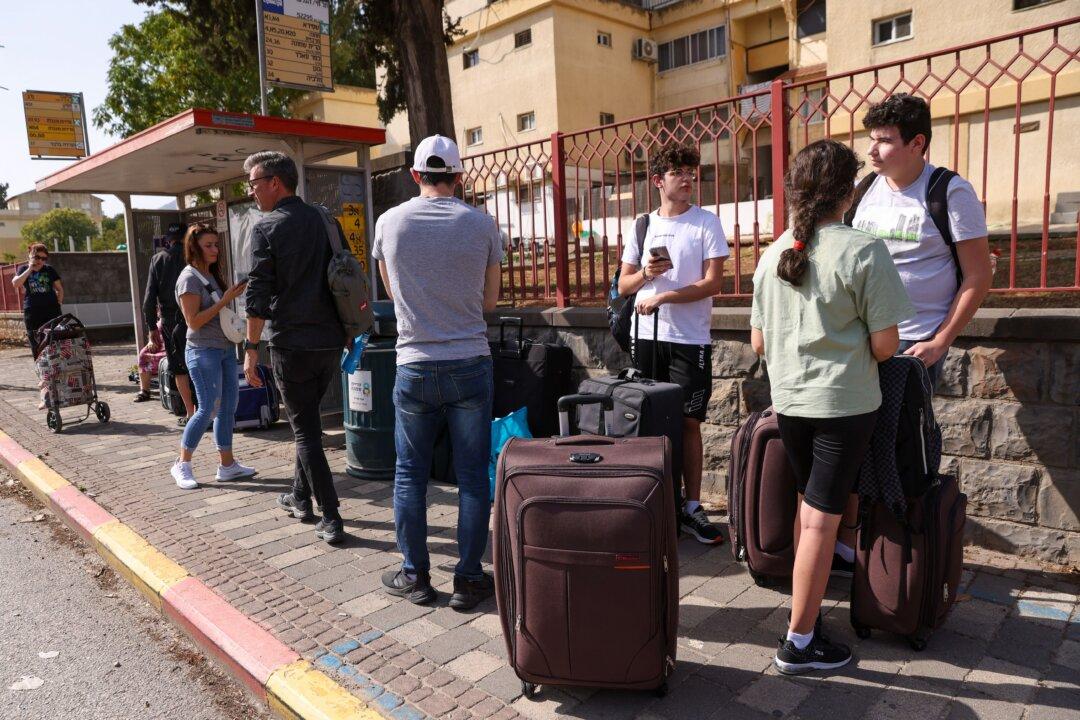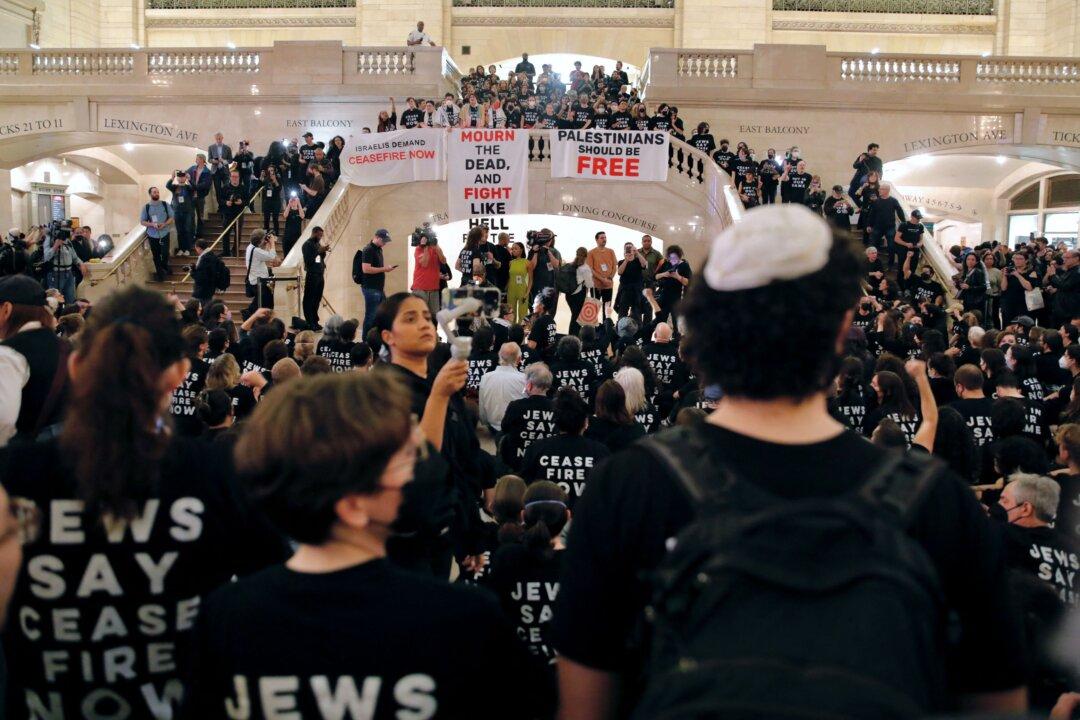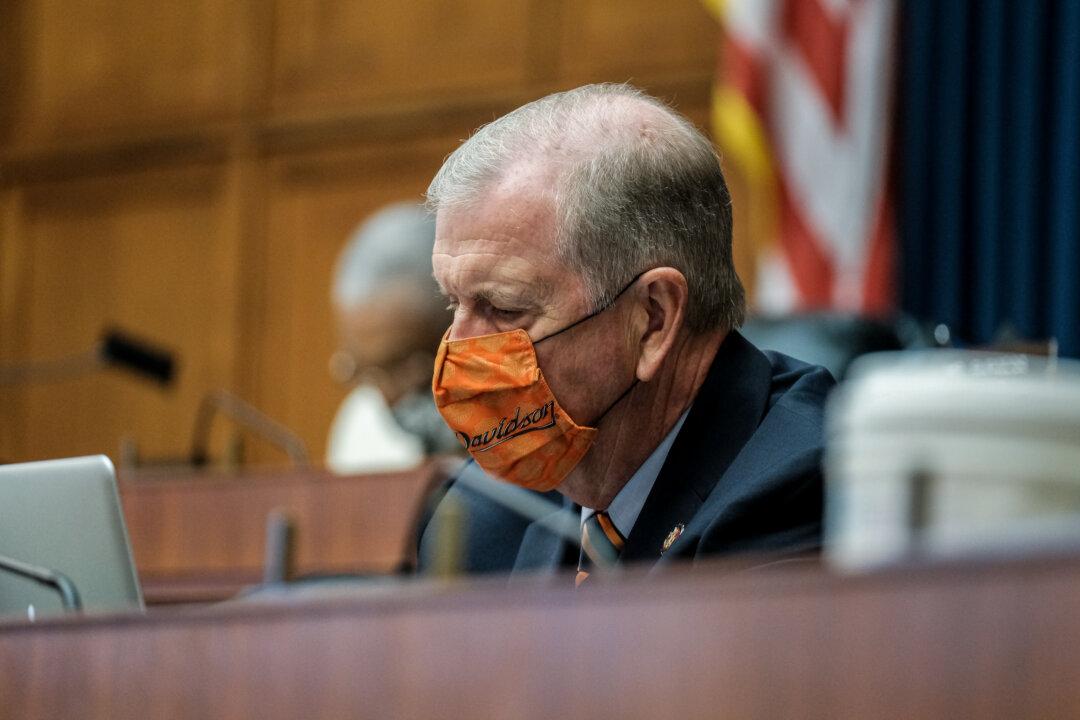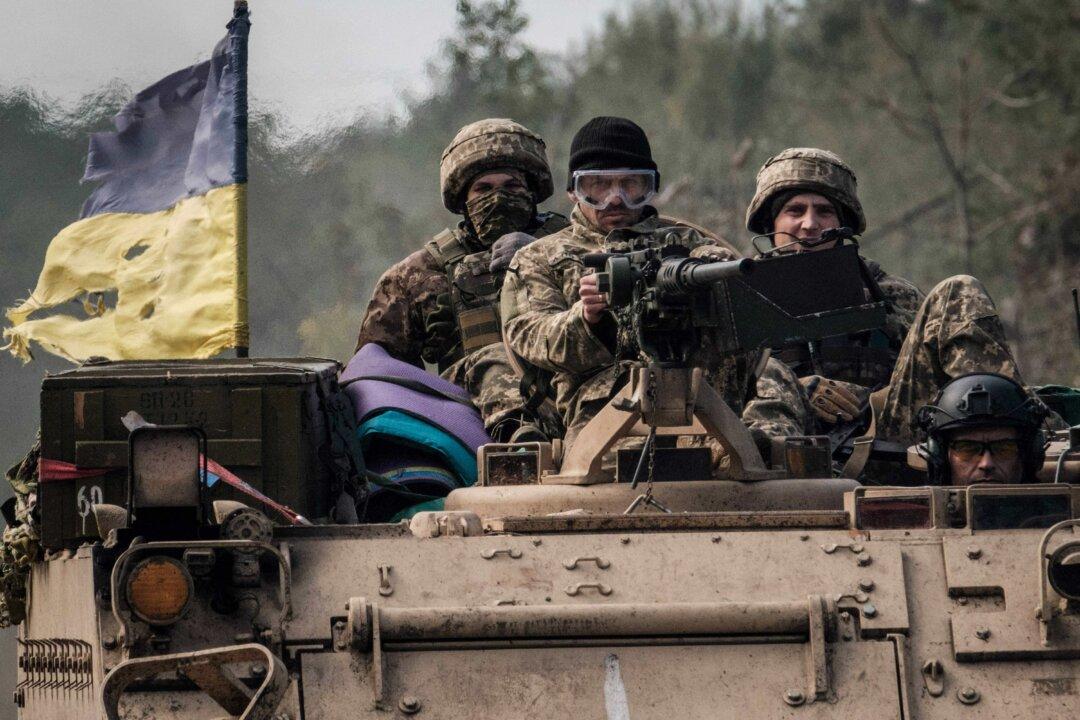U.S. citizens in Lebanon have been urged by the U.S. State Department to leave the country while commercial flights remain available, because of the unpredictable security situation in the Middle East.
“The best time to leave a country is before a crisis if at all possible,” the department said in an Oct. 27 statement. “U.S. military-assisted evacuations of civilians from a foreign country are rare.”




